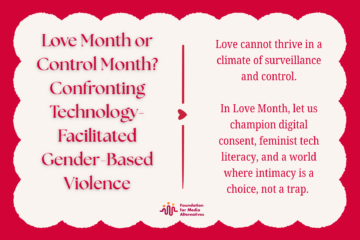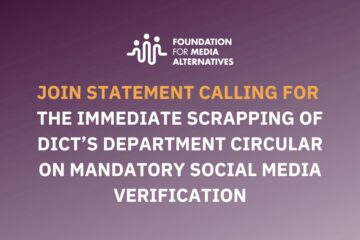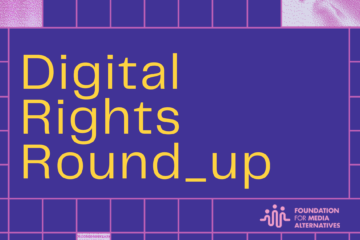Shackles and chains: Conversations on online freedoms in Southeast Asia
On December 11, 2019, Myanmar leader Aung San Suu Kyi appeared before the United Nations ICJ (International Court of Justice) to present the Myanmar government’s defense against charges of genocide against the Muslim Rohingya minority group. As Suu Kyi was presenting her testimony at the Hague, another discussion on human rights in the region was taking place in Bangkok, led by another ICJ: the International Commission of Jurists. The latter ICJ, which is an international human rights organization composted of 60 judges and lawyers all over the world, organized the roundtable discussion to talk about enhancing protection of human rights online in Southeast Asia.
Representatives from the Philippines, Indonesia, Myanmar, Thailand, Malaysia, Singapore, and Vietnam attended the event to talk about the human rights situation in their respective countries, particularly in relation to the internet and information and communications technologies. Unsurprisingly, many common challenges emerged during the discussion: Indonesia and the Philippines both face a high risk of surveillance brought about by Chinese-backed communications infrastructures; taking their cue from India, some Southeast Asian countries such as Indonesia and Myanmar are seeing an increase in the use of internet shutdowns by government for increasingly arbitrary reasons; cybersecurity laws, such as those in Thailand and Vietnam, are used to expand government’s surveillance and censorship powers; and the lack of data protection laws continue to imperil the security of critical information systems in the region.
Another common crisis faced by Southeast Asian countries is the problem of “fake news” or disinformation, particularly on Facebook. Singapore’s Protection from Online Falsehoods and Manipulation Act (POFMA) is landmark legislation designed to address online disinformation, but the contentious process by which the bill was passed and is currently being implemented raises concerns on how governments could curtail free speech by exercising their regulatory powers over private internet platforms. Bills similar to POFMA have been proposed in countries such as the Philippines and Nigeria. Myanmar, on the other hand, faces the unique issue of lacking a local member in the Poynter Institute’s International Fact-checking Network.
In the evening, the ICJ formally launched their report titled Dictating the Internet: Curtailing Free Expression, Opinion and Information Online in Southeast Asia. ICJ’s report includes a comprehensive survey of legal frameworks in Southeast Asia that serve to abusively restrict freedom of expression, opinion, and information online, as well as analyses of patterns of abuse based on actual cases from the region in recent years. Giving further weight to the report was the fact that the launch featured a panel composed of Southeast Asian journalists and activists that have faced or are currently facing criminal charges related to free speech. Members of the panel shared their accounts of how laws such as defamation, sedition, and event contempt of court are used to silence dissident voices in the region.
Despite the grim realities presented, the roundtable discussion ended in an agitative, if not hopeful, note, with participants sharing strategies employed in their respective localities to combat the challenges identified. The event ended with a conversation on how civil society, legal researchers, and the tech sector can work together to come up with innovative strategies to protect human rights online and advocate for better legal frameworks.
*Note: The featured image in this post, which also appears in the cover of the ICJ report, was drawn by Zunar, a political cartoonist from Malaysia



0 Comments